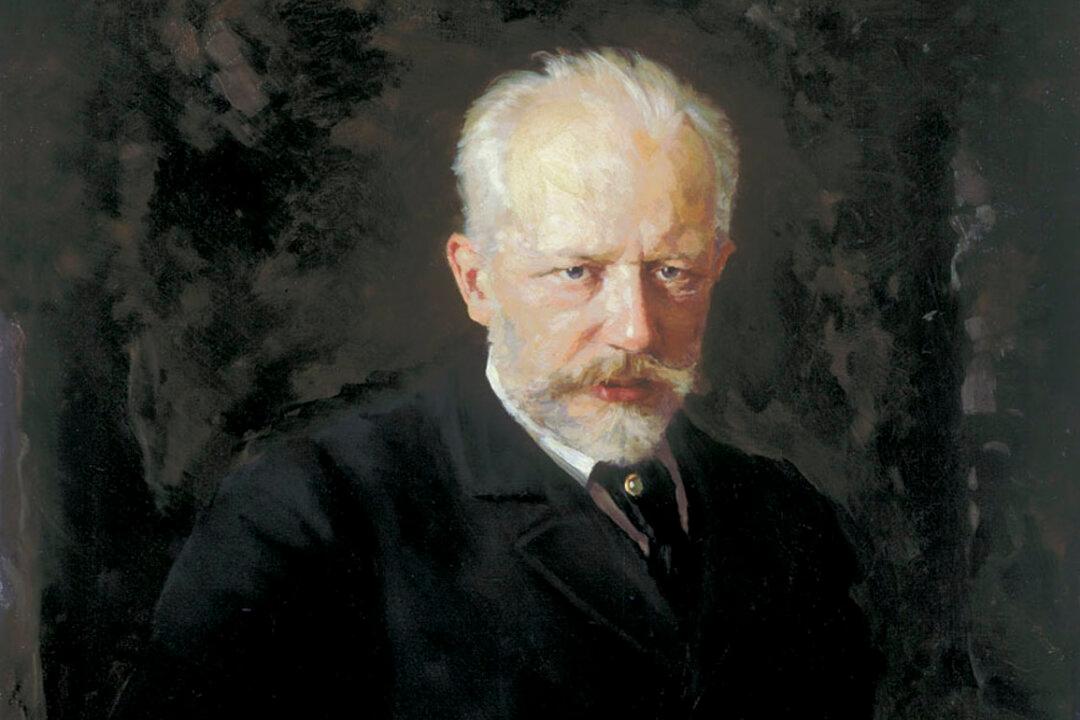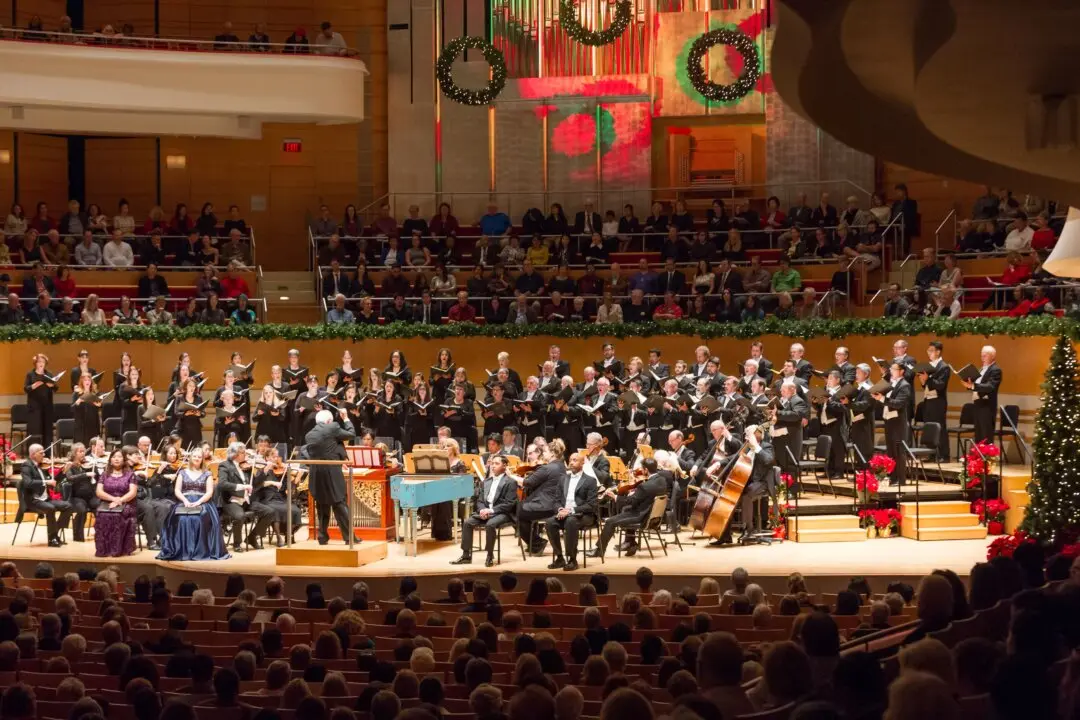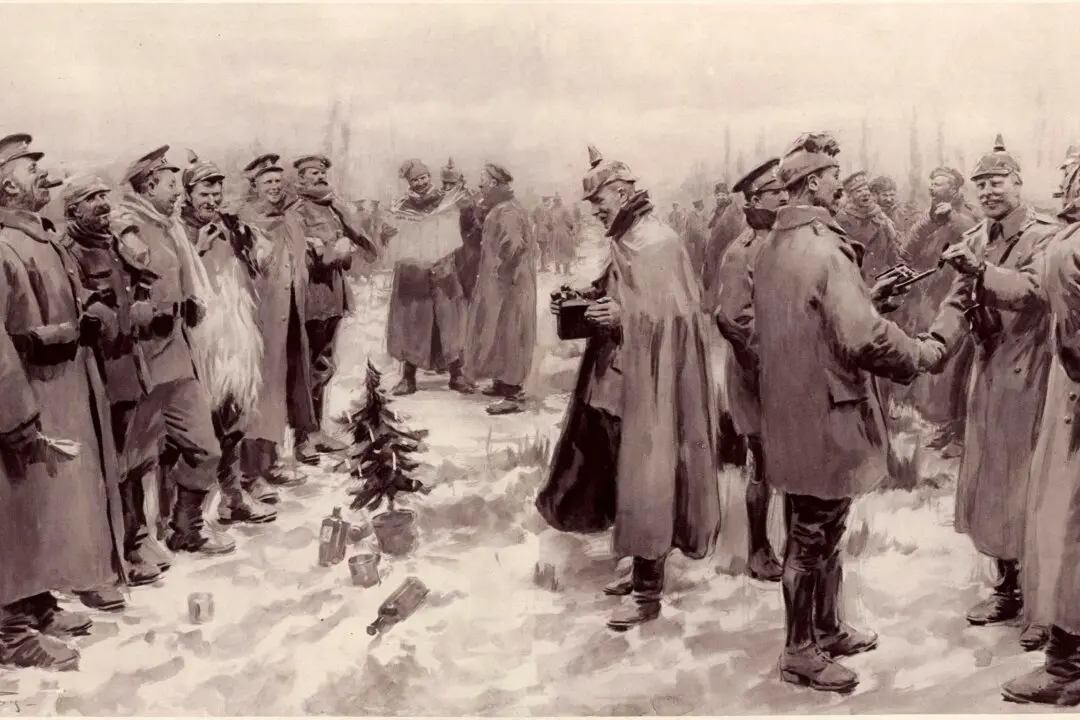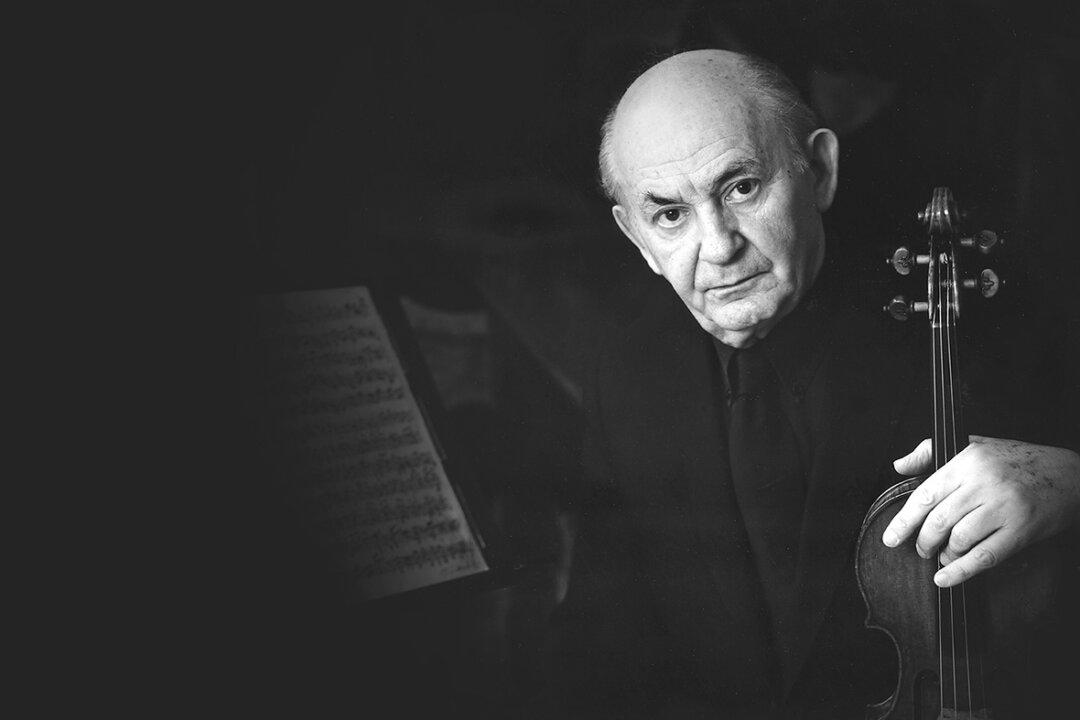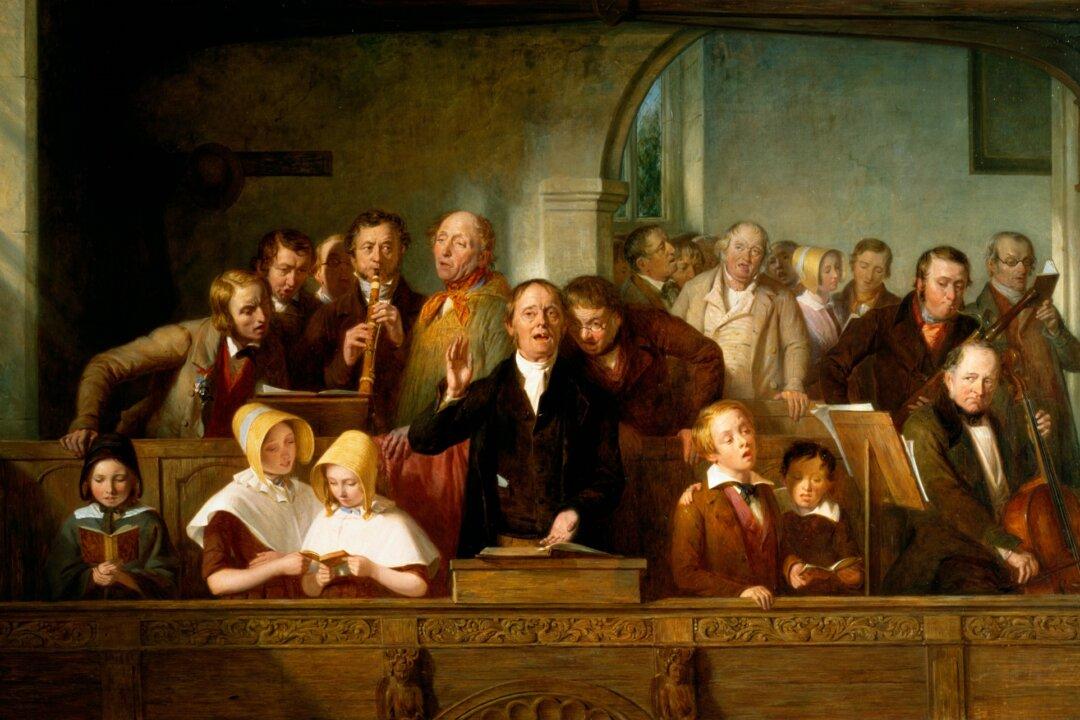A young student, having just met the elder Pyotr Ilyich Tchaikovsky, made a remark suggesting that composers wrote initially by inspiration. Tchaikovsky, he recalled, “made an impatient gesture with his hand and said with annoyance: ‘Ah, young man, don’t be trite! You can’t await inspiration,' according to musicology professor David Brown in “Tchaikovsky Remembered.”
“What is needed is work, work, and work. Inspiration is born only of work, and during work. Every morning I sit down to work. If from this nothing comes today, I’ll sit down tomorrow at the very same work. Thus, I write for one day, for two, for ten days, not despairing if nothing comes, for on the eleventh day, you will see, something will come.”

